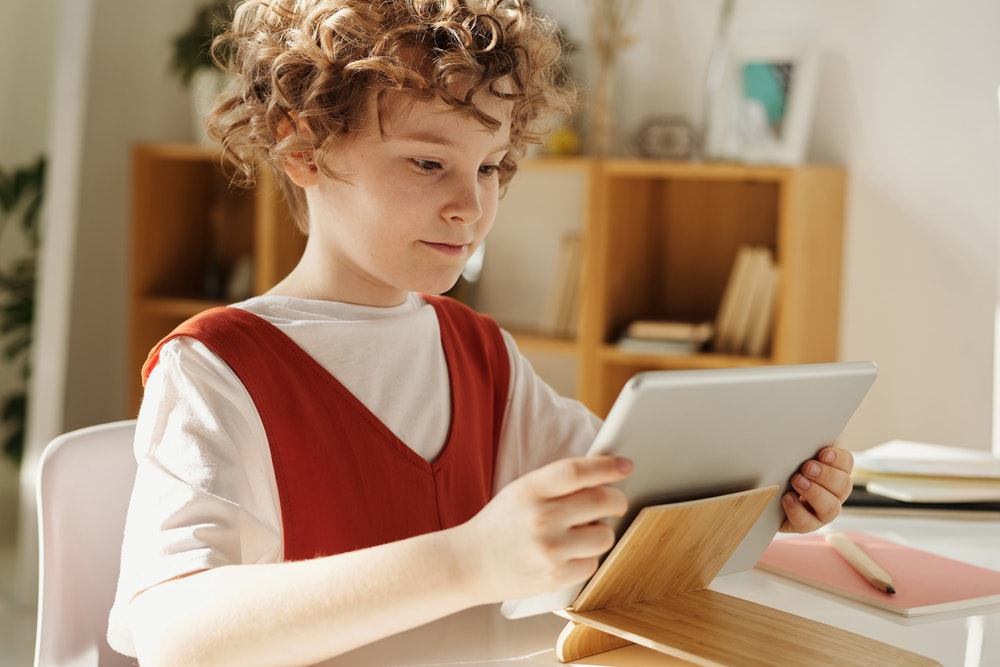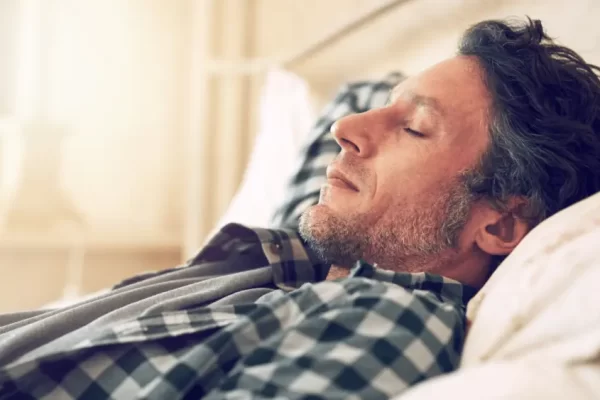With everything on pause for over eight months, all the institutions and workplaces are closed and afraid to reopen due to the rising number of cases. Meanwhile, everyone is operating from their homes; it cannot remain a permanent solution for a very long time.
The unlock period has begun in phases, and people are out and about to travel to their workplaces. But, the most affected fraction are children from the age group of 13-14 years. Schools are closed, and kids do not have any physical or social contact with the outside world.
Digital education and private schooling have become a thing of the present and the only source of completing the desired syllabus by the teachers and the students. Students are suffering from a stressful situation wherein they are uncertain about the future holds for them since the pandemic. Fear of contracting the disease adds up on top of all other stressful events.
But a recent survey with the participants from over the faction of 13-14 year age group of teenagers has shown signs of reducing anxiety level in kids who have claimed remote schooling a better option for studying.
The conclusive theory of this survey was based on an initial study by the researchers from South West England who claimed more feelings of anxiety among teens during the COVID pandemic because of no social contact with friends and also their concern for close one’s. But the new survey showed surprising signs of less anxiety and more connection to school during the remote learning period.
The New Survey & It’s Findings
The present study was an extension of an ongoing survey related to teen mental health and how social media use affects mental health conducted at the University of Bristol in October, even before the pandemic began.
The researchers then further wanted to review the effects of a pandemic on these groups of teens to understand how online education is proving to be for them. The new research was evaluated during April/May month, which was during the tenure of COVID-19.
The new research brought forth the results, which said the improved mental health of about 18 percent of teens. When the previous survey was taken into consideration, an increased number of teens with higher anxiety levels were discovered before the pandemic.
The increased rate of anxiety was about 54 percent of teen girls from 13-14 years of age and 26 percent of teen boys. The initial statistics dropped by 10 percent in teen boys but a 2 percent rise in girls during the lockdown period.
The study showed signs of less improvement in females than males, which is supposedly a cause of worry. The experts believe that these 1000 participatory teens in the initial study were all unwell in their emotional condition. Still, during the pandemic, they claimed that remote schooling proves to be beneficial for their well being.
The participants shared their growing strong connection with the school because of better communication and the ability to approach their teachers more than the physical classroom. For female teenagers, social media helped them to cope with anxiety and stress during the pandemic phase.
These findings brought into the study that anxiety levels in the current events have dropped a bit lower, which is a good sign. The lead author of the study, Emily Widnall, MSc, had a fantastic reaction to the outcomes of the survey, saying that stooping anxiety was a newer kind of revelation. Widnall said,
However when taking a step back, we know that school for many young people can be quite anxiety provoking in terms of exam pressures and challenging peer relationships including bullying.
This survey has been a really unique opportunity to understand how many younger teenagers feel without the day-to-day pressures of school life…
It is essential that we keep a close eye on young people’s mental health and well-being on return to school as we may well see a spike in anxiety, particularly for those who felt less connected to school pre-pandemic and therefore are likely to have adapted well to lockdown.
Widnall believed the results to show an increased sense of stress due to isolation and no physical contact with peers in teens. Still, experts agreed that there are a lot more analysis and evaluation necessary to understand why teens face an increased sense of stress and anxiety in the school environment and how could this entire cultivation of school premises be modified.
The Role of Parents in reducing Mental Anxiety & Pressure
The experts based on the study and recent events believe that parents can do a lot to help reduce this pressure and keep in check their mental health.
Social media and digital connection by remote learning were more generous help in resolving anxiety levels in teens. Still, as schools reopen and they began to move out, the stress and current paranoia around can trigger those stress levels again.
The President and CEO of Rutgers Health University Behavioral Health Care, Frank A. Ghinassi, showed his concern over the fact that depression levels are the element of so many factors altogether.
It includes food inadequacy, economic stress, a rift between child and parents, self-esteem issues, academic expectations, existential angst while progressing towards adulthood, etc.
Ghinassi said that,
Teens require someone who can be a consistent source of counsel, support, trust, and love. Someone or some group of family and/or friends who values their worth, in a non-judgmental way…
A generation of the feeling of resilience and self-protection is a must among teens by their parents so that they remain aware of physical distancing protocol and encouraging more of face covers and proper sanitization. Social media could be a great pass time for teens, but what is appropriate and what is not must be kept in mind.
A new normal must be challenging to adapt, especially by kids, so parents must look out for their sleep and eating routine. They must begin with a closer evaluation of back to normal with schools opening so that eight months-long isolation and returning to school don’t trigger the stress level.




